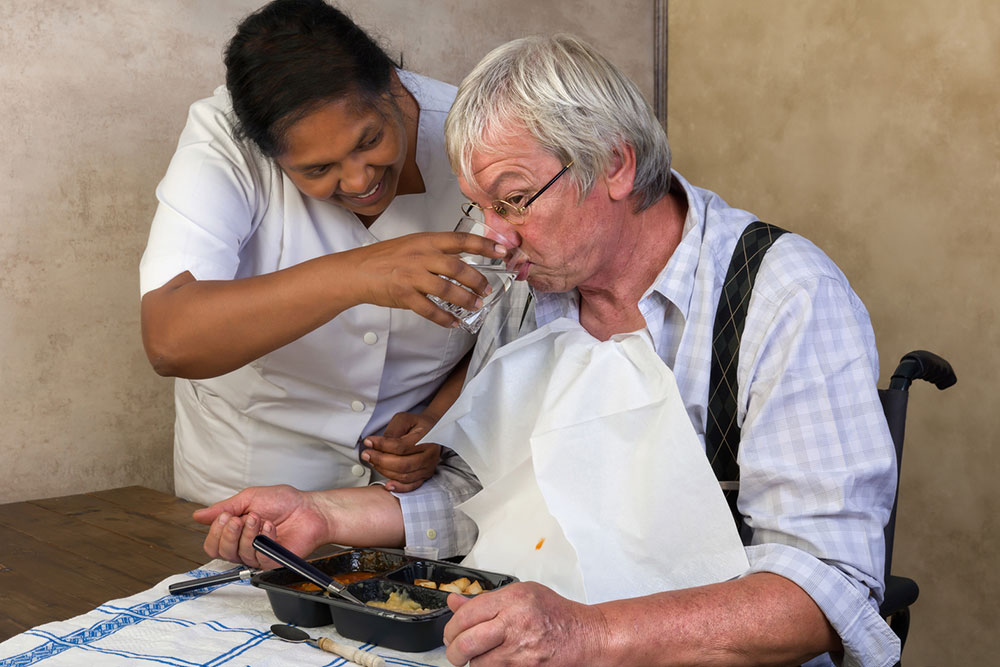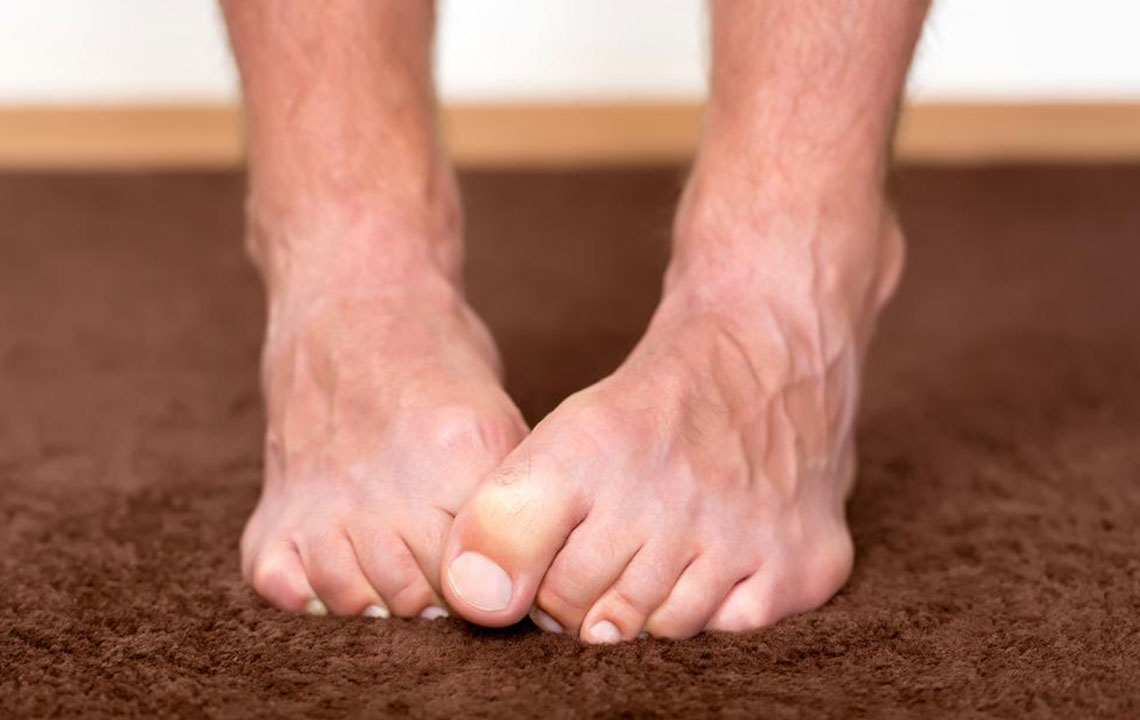Holistic Natural Strategies for Managing Symptoms of Parkinson's Disease
This comprehensive guide explores natural strategies to support Parkinson's disease management. Combining diet, exercise, herbal remedies, and mind-body practices, it offers holistic approaches to enhance mobility, reduce symptoms, and improve overall quality of life. Emphasizing the importance of personalized care and professional guidance, the article provides valuable insights for patients and caregivers seeking complementary therapies alongside medical treatment.

Comprehensive Natural Methods to Support Parkinson’s Disease Management and Enhance Quality of Life
Parkinson's disease is a progressive neurodegenerative disorder that profoundly impacts motor functions and overall bodily movements. This condition primarily affects older adults, leading to a gradual deterioration of brain cells responsible for producing dopamine, which results in characteristic symptoms such as muscle rigidity, slow and shuffling movements, tremors, and difficulties with balance and coordination. While conventional medical treatments like medications and surgical options are vital in managing symptoms, incorporating natural strategies can provide significant benefits for patients seeking a holistic approach to their health and well-being.
Embracing a Holistic Approach to Managing Parkinson’s Symptoms A well-rounded management plan integrates proper nutrition, Regular physical activity, mental health practices, and lifestyle adjustments. These natural strategies can help alleviate symptoms, improve mobility, enhance mental clarity, and boost overall quality of life when combined thoughtfully with medical care. Here, we explore a variety of natural interventions tailored to support those living with Parkinson’s disease.
Integrating natural therapies with traditional treatments ensures a comprehensive approach. Proper nutrition, consistent physical activity, and mind-body practices play crucial roles in reducing symptoms and promoting health stability.
Thoughtful Dietary Strategies for Parkinson’s Patients Eating a balanced diet is essential for managing symptoms and maintaining overall health. Ensuring adequate intake of calcium-rich foods can support bone health, which is often compromised in Parkinson’s patients. It’s important to remember that calcium supplements or foods should complement—not replace—prescribed medications. Moreover, many calcium-rich foods like dairy products and certain greens contain proteins that can affect medication absorption, so timing and dietary balance are key.
Incorporating foods high in antioxidants, such as leafy greens, berries, and nuts, can combat oxidative stress associated with neurodegeneration. Avoiding processed, greasy, and highly refined foods helps reduce inflammation and gastrointestinal discomfort, common concerns among Parkinson’s patients. Herbal teas infused with Tulsi (Holy Basil) and ginger can support immunity and digestion, providing additional health benefits. Small, frequent meals facilitate better digestion and nutrient uptake, which is particularly beneficial when motor symptoms impact swallowing or appetite.
Exercise and Physical Activities Regular movement is vital in managing Parkinson’s symptoms. Gentle exercises like Tai Chi and yoga can significantly improve balance, flexibility, and muscle strength. Tai Chi, a gentle martial art characterized by slow, controlled movements, enhances postural stability and reduces fall risk. It encourages mindfulness and body awareness, contributing to improved coordination.
Yoga offers numerous benefits, including increased muscle flexibility, better posture, and stress reduction. Specific yoga poses tailored for Parkinson's can also support gait stability and sleep quality, creating a calming effect that alleviates anxiety and depression symptoms often co-occurring with the disease.
Physical therapy exercises, such as arm swings, leg lifts, and dance-inspired movements, are effective in reinforcing motor skills. Participating in dance classes not only provides aerobic benefits but also stimulates the brain, promoting neuroplasticity and emotional well-being.
Mind-Body and Relaxation Techniques Practices like massage therapy help reduce muscle tension, relieve joint discomfort, and enhance circulation. Regular massages can also alleviate stress, improve mood, and decrease depression levels in Parkinson’s patients.
Acupuncture has gained recognition as a complementary therapy, addressing both motor and non-motor symptoms. Acupuncture sessions can help boost immune function, reduce stress, and support neurological health, contributing to overall symptom management.
Incorporating relaxation and mindfulness practices such as meditation can also improve mental clarity, decrease anxiety, and foster emotional resilience. Practicing deep breathing exercises enhances oxygen flow and calms the nervous system, further supporting physical and mental health.
Herbal and Natural Supplements Certain herbs are known for their neuroprotective and anti-inflammatory properties. Turmeric contains curcumin, which exhibits antioxidant effects and may support brain health. Ginger has anti-inflammatory benefits and can aid digestion. Brahmi (Gotu Kola) and Ashwagandha are traditional herbs used in Ayurvedic medicine to enhance cognitive function, reduce stress, and promote nervous system health. Triphala, a combination of three fruits, is utilized for detoxification and improving gastrointestinal health.
While herbal remedies can complement conventional treatment, it’s important to consult healthcare professionals before integrating any new supplements, especially considering potential interactions with medications.
Additional Lifestyle and Management Tips Maintaining proper hydration is crucial as dehydration can exacerbate symptoms like tremors and fatigue. Staying well-hydrated supports overall cellular function and medication efficacy. Creating a daily routine helps stabilize motor symptoms and reduce anxiety. Engaging family members in care routines and providing emotional support significantly enhance the psychological well-being of individuals with Parkinson's.
Psychological well-being is a vital aspect of managing a chronic illness. Staying positive, practicing gratitude, and participating in engaging activities can improve mental health. Cognitive behavioral therapy or counseling may be beneficial in addressing depression, anxiety, or other emotional challenges that often accompany Parkinson's disease.
Finally, a holistic mindset that combines medical treatments with natural, lifestyle, and emotional support forms the foundation of effective Parkinson’s disease management. Personalized plans tailored to individual needs, guided by healthcare professionals, maximize health outcomes and improve quality of life.





